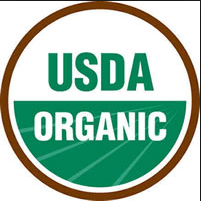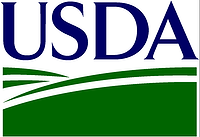Based on a decision announced this week, the National Organic Standards Board (NOSB)--a body that advises the U.S. Department of Agriculture--will no longer permit carrageenan to be used as an additive in organic food.
Carrageenan is a soluble fiber derived from red seaweed and a food ingredient that has been used for hundreds of years across the globe. It was commonly used in the kitchens of Irish coastal communities, who harvested Chondrus crispus, known as carraigín moss, from the rocky waters along Carrigan Head, giving it its unique name.
Today, carrageenan is a valuable commercial ingredient because of its advantageous properties. When used as an ingredient in beverages, carrageenan preserves texture, structure and stability, enabling the export of countless shelf-stable beverage products. It is particularly suitable for shelf-stable dairy beverages and protein-enriched drinks. Specifically, carrageenan has continued to be used in dairy-based and enriched beverages, mainly in chocolate milk and chocolate milk applications such as syrups and powdered mix.
Despite its use, carrageenan has been a questionable ingredient because it has been loosely linked to digestive inflammation, evidence that some researchers dispute. Those who defend the use of carrageenan boast about its benefits, including its effectiveness in adding texture and stability to beverages, ice cream and infant formula.
According to a statement released by the Grocery Manufacturers Association, “Carrageenan should remain on the National Organic Standards Board list of approved food additives because it has been proven safe for consumption and there is not an adequate alternative replacement that provides the same functions. Regulatory agencies and research organizations around the world have consistently determined carrageenan is a safe and highly functional food additive.”
The International Food Additives Council has also described NOSB’s decision as “disappointing”, going on to say that it will “result in fewer organic options and inferior organic products as companies struggle to reformulate with alternatives that do not work as well as carrageenan.”
NOSB--which consists of organic food industry representatives--is now tasked with changing federal laws to make the additive illegal in organic foods. Because the NOSB constantly reviews ingredients used in organic foods, this particular regulation change is expected to be completed rather quickly, within the next year.
The decision to ban the use of carrageenan does not apply to nonorganic foods.
More articles on carrageenan:
The Need for Ingredients That Improve the Health and Safety of Shelf-Stable Drinks
Previous Research on Food Additives Deemed "Faulty"
Safety is the Cornerstone of Ingredient Sustainability
Whatever Happened to Sound Food Science?
Sign up for Food Safety Magazine’s bi-weekly emails!



